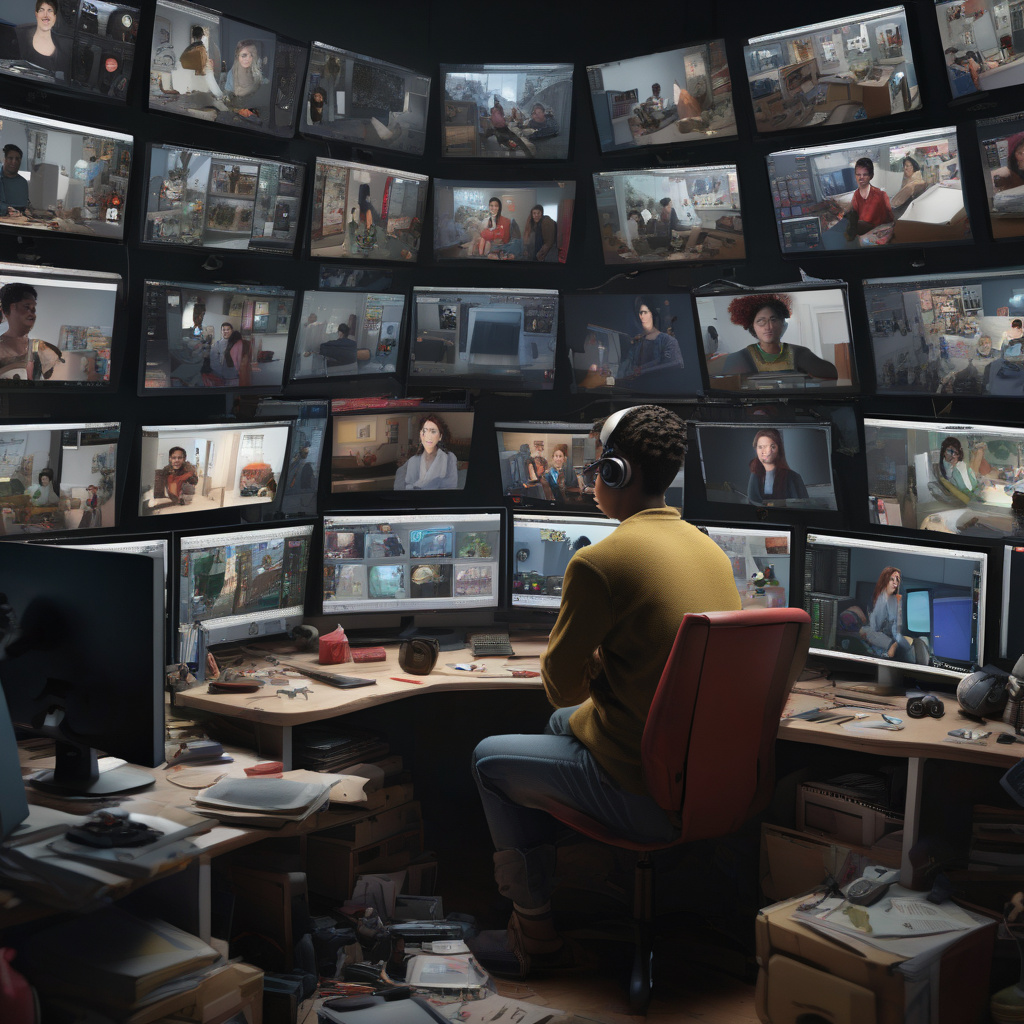YouTube Faces Backlash for Testing AI-Style Video Edits That Alter Creator Content
YouTube is experimenting with automatic video enhancements on Shorts, and many creators are calling it a concerning development that could potentially alter the essence of their content. The popular video-sharing platform is known for its vast community of creators who produce a wide range of content, from educational videos to entertainment and vlogs. However, the recent introduction of AI-style video edits has sparked controversy and raised questions about the implications for creator authenticity and creative control.
The new feature, which is currently being tested on Shorts, YouTube’s platform for short-form video content, automatically applies enhancements such as filters, effects, and transitions to videos uploaded by creators. While YouTube has framed this as a way to help creators improve the visual quality of their content and attract more viewers, many creators have expressed concerns that these automatic edits could fundamentally change the tone and style of their videos.
One of the main criticisms leveled against YouTube’s AI-style video edits is that they may compromise the authenticity of creator content. Many creators take pride in their unique style of filming and editing, which plays a crucial role in cultivating their brand and connecting with their audience. By automatically applying edits without the creators’ consent, YouTube risks homogenizing content and diluting the individuality that sets creators apart.
Moreover, there are fears that the AI-style video edits could lead to unintended distortions or misrepresentations of the original content. Creators invest time and effort into crafting their videos to convey specific messages or evoke particular emotions. The automatic application of edits could potentially alter these intentions, resulting in videos that no longer reflect the creators’ original vision.
In addition to concerns about authenticity and creative control, some creators have also raised issues regarding transparency and communication. YouTube’s decision to test this feature without prior consultation with creators has left many feeling blindsided and undervalued. Effective communication and collaboration between the platform and its creators are essential for fostering a healthy and productive creator ecosystem.
While YouTube has stated that creators can opt out of the automatic video enhancements, the underlying question remains: to what extent should platforms like YouTube intervene in the creative process of their users? Balancing the desire to support creators in improving their content with the need to respect their creative autonomy is a delicate tightrope that platforms must navigate carefully.
As the debate surrounding YouTube’s AI-style video edits continues to unfold, it underscores the broader challenges and considerations that arise at the intersection of technology, creativity, and authenticity. Empowering creators to express themselves authentically while leveraging technology to enhance their content is a fine line that platforms must walk thoughtfully.
In conclusion, YouTube’s decision to test AI-style video edits that alter creator content has ignited a wave of criticism and debate within the creator community. While the platform’s intention to help creators improve the visual quality of their content is commendable, the potential risks to authenticity, creative control, and communication cannot be overlooked. Moving forward, it will be essential for YouTube to listen to the concerns of its creators, prioritize transparency and collaboration, and strike a balance that empowers creators to share their stories in their own unique way.
YouTube, AI, Video Edits, Creator Content, Authenticity












